GABA
GABA (Gamma-aminobutyric acid) is an amino acid that plays an important role in our body. Given its effects, it has become popular in the category of mood-enhancing and sleep-enhancing supplements [1][2][3]. Despite being a naturally occurring amino acid, GABA is only found in very small amounts in our diet [12]. As a result, many people opt for a GABA supplement.
GABA is also known as:
Gamma amino butyric acid

Functions of GABA
Unfortunately, due to European legislation, we cannot describe all the effects and functions of this product. Not even if these have been confirmed by research. Nevertheless, we do our best to provide you with as much relevant information as possible.
There have been many studies on the effects of this amino acid [1][4][5][6][7][8][9][10][11]. Given the results of the studies, it is not surprising that GABA has become a well-known and popular supplement. Its effects have made it a popular product in the mood-enhancing and sleep-enhancing supplement category. It is also often used by athletes, because it may fall into the category of hormone boosters [13][14]. In addition, GABA may have many other effects [3][15][16].
Who can use GABA ?
GABA is mainly used by people looking for a suitable product in the category of mood-enhancing and sleep-enhancing supplements. It is also often used by athletes who are looking for a hormone booster.
How should I use GABA ? / Dosages
Based on current knowledge, dosages of up to 750mg are recommended. This dosage can be used 1 to 3 times a day when used as a mood enhancer. When used as a nighttime supplement, one dose should be taken 1 hour before bedtime. For optimal effect, it should be taken on an empty stomach. Mix doses with ~100ml of water or juice. One level scoop contains ~550mg GABA.
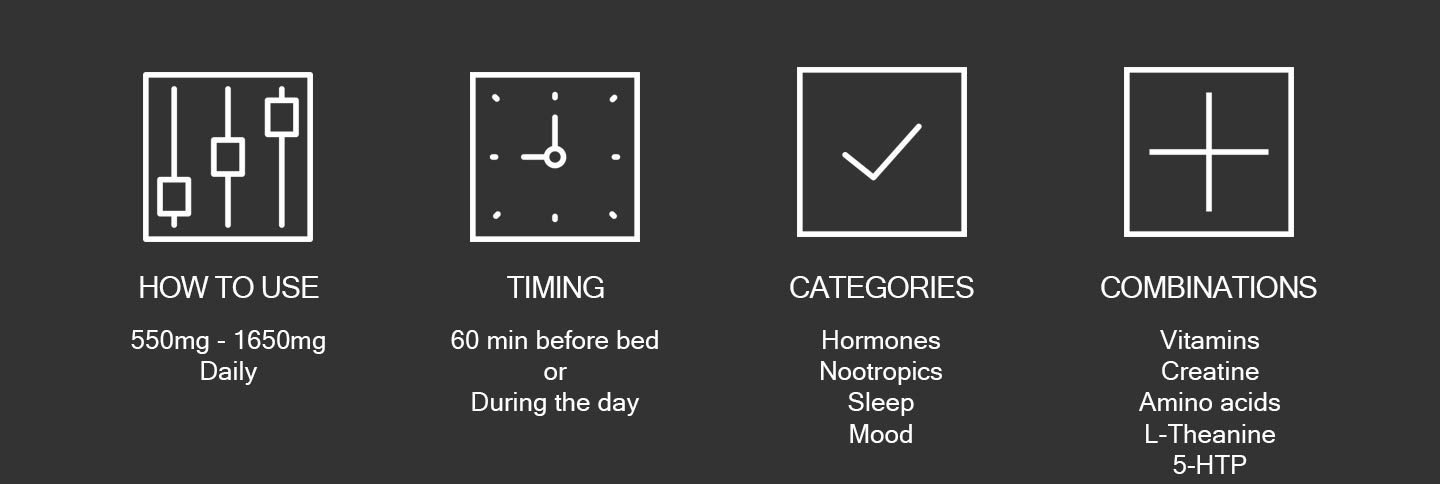
Stacking / combining GABA
GABA can be combined well with other supplements, such as: vitamins, creatine and amino acids. Users often choose to combine it with: L-arginine, L-theanine, 5-HTP or vitamin B6. These combinations are not random and often have good reason. For example, L-arginine increases the efficiency of GABA [17]. In addition, L-theanine and 5-HTP may help to further enhance the effects of this supplement [18][19].
Where does GABA come from ?
GABA has become a popular dietary supplement in recent years. Not only because of its effects, but also because it is not abundant in our dietary sources. The main sources of GABA are: endogenous synthesis in the brain and exogenous absorption from food and supplements. Dietary sources of GABA include: fermented foods (kimchi, miso), sprouted grains, tea, microalgae, nuts and seeds.
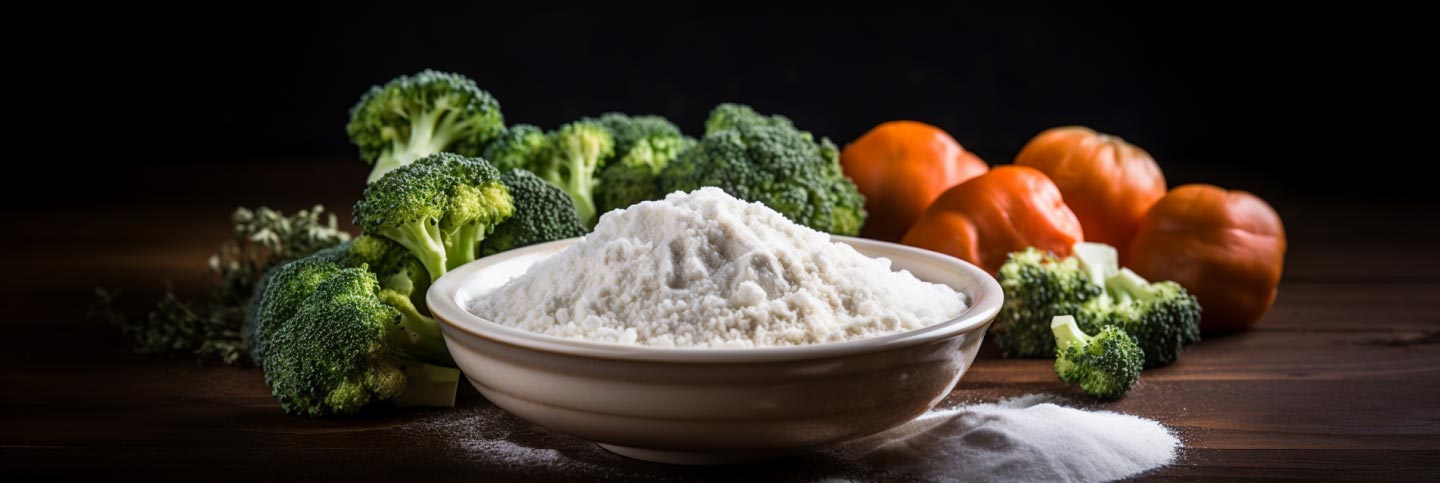
Safety & competitive use
Safety
Research has now shown that GABA is not only effective, but also safe to use [2]. The study in question, states that people with sleeping problems can benefit from a GABA supplement without experiencing serious side effects [2]. Nevertheless, the recommended doses should not be exceeded. After all, if the recommended amount is exceeded, side effects may occur.
Correct use
A dietary supplement can contribute to a healthy and active lifestyle. However, it should not be a substitute for a healthy lifestyle and a varied diet. The recommended dosage should not be exceeded, since side effects may occur otherwise. Temporary side effects of GABA can include: stomach pain, headache and drowsiness. In rare cases, these side effects can also occur with normal dosages. If side effects occur, consumption should be discontinued.
As with any supplement, we advise users to consult a physician before use. In particular if you use medication or have health complaints. This product should not be used in combination with alcohol or other GABA enhancers. In addition, this supplement should not be used by women who are pregnant or breastfeeding. Furthermore, this product should not be used by persons under 18 years of age and must be kept out of the reach of children. Keep this product in a cool and dry place to maintain the quality.
References
- Nakamura, H., Takishima, T., Kometani, T., & Yokogoshi, H. (2009). Psychological stress-reducing effect of chocolate enriched with γ-aminobutyric acid (GABA) in humans: assessment of stress using heart rate variability and salivary chromogranin A. International journal of food sciences and nutrition, 60(sup5), 106-113.
- Byun, J. I., Shin, Y. Y., Chung, S. E., & Shin, W. C. (2018). Safety and efficacy of gamma-aminobutyric acid from fermented rice germ in patients with insomnia symptoms: a randomized, double-blind trial. Journal of clinical neurology (Seoul, Korea), 14(3), 291.
- Bowery, N. G., & Smart, T. G. (2006). GABA and glycine as neurotransmitters: a brief history. British journal of pharmacology, 147(S1), S109-S119.
- Kanehira, T., Nakamura, Y., Nakamura, K., Horie, K., Horie, N., Furugori, K., … & Yokogoshi, H. (2011). Relieving occupational fatigue by consumption of a beverage containing γ-amino butyric acid. Journal of nutritional science and vitaminology, 57(1), 9-15.
- Yoto, A., Murao, S., Motoki, M., Yokoyama, Y., Horie, N., Takeshima, K., … & Yokogoshi, H. (2012). Oral intake of γ-aminobutyric acid affects mood and activities of central nervous system during stressed condition induced by mental tasks. Amino Acids, 43(3), 1331-1337.
- Abdou, A. M., Higashiguchi, S., Horie, K., Kim, M., Hatta, H., & Yokogoshi, H. (2006). Relaxation and immunity enhancement effects of γ‐aminobutyric acid (GABA) administration in humans. Biofactors, 26(3), 201-208.
- Luscher, B., Shen, Q., & Sahir, N. (2011). The GABAergic deficit hypothesis of major depressive disorder. Molecular psychiatry, 16(4), 383-406.
- Gottesmann, C. (2002). GABA mechanisms and sleep. Neuroscience, 111(2), 231-239.
- Plante, D. T., Jensen, J. E., Schoerning, L., & Winkelman, J. W. (2012). Reduced γ-aminobutyric acid in occipital and anterior cingulate cortices in primary insomnia: a link to major depressive disorder?. Neuropsychopharmacology, 37(6), 1548-1557.
- Meyerhoff, D. J., Mon, A., Metzler, T., & Neylan, T. C. (2014). Cortical gamma-aminobutyric acid and glutamate in posttraumatic stress disorder and their relationships to self-reported sleep quality. Sleep, 37(5), 893-900.
- Winkelman, J. W., Buxton, O. M., Jensen, J. E., Benson, K. L., O’Connor, S. P., Wang, W., & Renshaw, P. F. (2008). Reduced brain GABA in primary insomnia: preliminary data from 4T proton magnetic resonance spectroscopy (1H-MRS). Sleep, 31(11), 1499-1506.
- Briguglio, M., Dell’Osso, B., Panzica, G., Malgaroli, A., Banfi, G., Zanaboni Dina, C., … & Porta, M. (2018). Dietary neurotransmitters: a narrative review on current knowledge. Nutrients, 10(5), 591.
- Powers, M. (2012). GABA supplementation and growth hormone response. Acute Topics in Sport Nutrition, 59, 36-46.
- Powers, M. E., Yarrow, J. F., Mccoy, S. C., & Borst, S. E. (2008). Growth hormone isoform responses to GABA ingestion at rest and after exercise. Medicine and science in sports and exercise, 40(1), 104.
- Inoue, K., Shirai, T., Ochiai, H., Kasao, M., Hayakawa, K., Kimura, M., & Sansawa, H. (2003). Blood-pressure-lowering effect of a novel fermented milk containing γ-aminobutyric acid (GABA) in mild hypertensives. European journal of clinical nutrition, 57(3), 490-495.
- Shimada, M., Hasegawa, T., Nishimura, C., Kan, H., Kanno, T., Nakamura, T., & Matsubayashi, T. (2009). Anti-hypertensive effect of γ-aminobutyric acid (GABA)-rich Chlorella on high-normal blood pressure and borderline hypertension in placebo-controlled double blind study. Clinical and experimental hypertension, 31(4), 342-354.
- Shyamaladevi, N., Jayakumar, A. R., Sujatha, R., Paul, V., & Subramanian, E. H. (2002). Evidence that nitric oxide production increases γ-amino butyric acid permeability of blood-brain barrier. Brain research bulletin, 57(2), 231-236.
- Hong, K. B., Park, Y., & Suh, H. J. (2016). Sleep-promoting effects of the GABA/5-HTP mixture in vertebrate models. Behavioural brain research, 310, 36-41.
- Kim, S., Jo, K., Hong, K. B., Han, S. H., & Suh, H. J. (2019). GABA and l-theanine mixture decreases sleep latency and improves NREM sleep. Pharmaceutical biology, 57(1), 64-72.
Author

| Weight | N/A |
|---|---|
| Ingredient | GABA (Gamma aminobutyric acid) |
| Serving size | Consume 1-3 leveled scoops (550mg-1650mg) daily. Mix with ~100ml of water or juice. The recommended intake moment is 60 minutes before going to bed, or throughout the day. |
| Allergens | None |
| Suitable for | Non-vegetarians, vegetarians and vegans |
| Warning | Food supplements shouldn't replace a varied, balanced diet and a healthy lifestyle. Do not exceed the recommended daily intake. Store cool, dry and keep out of reach of children. Do not use during pregnancy or lactating. Do not use in conjunction with alcohol or other GABA enhancers. Always consult a docter before you start using a dietary supplement, especially if you use medication or have health problems. |

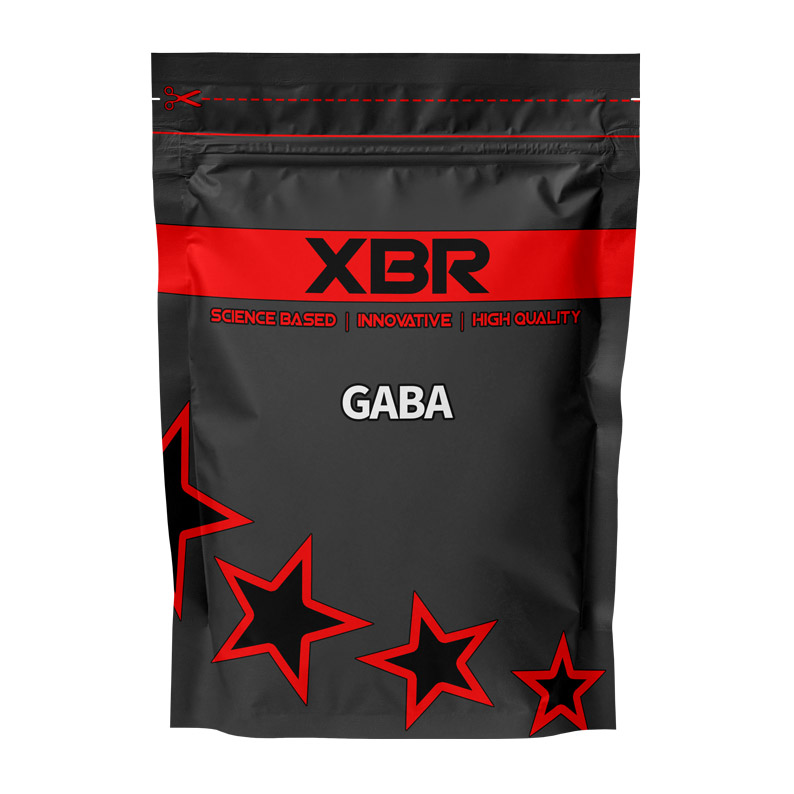
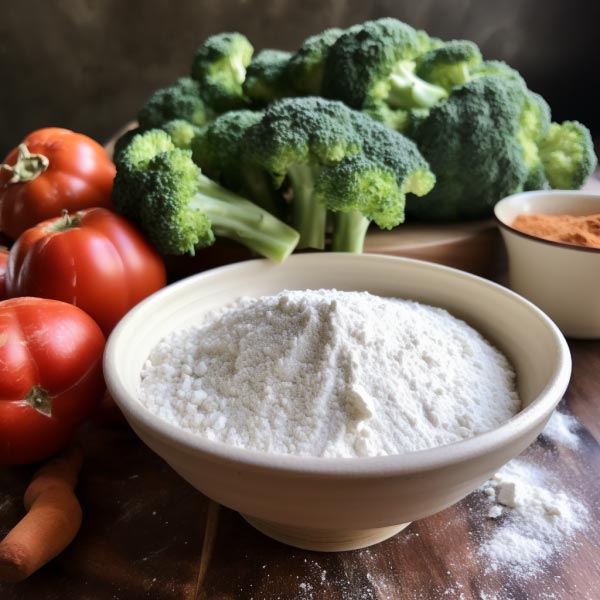

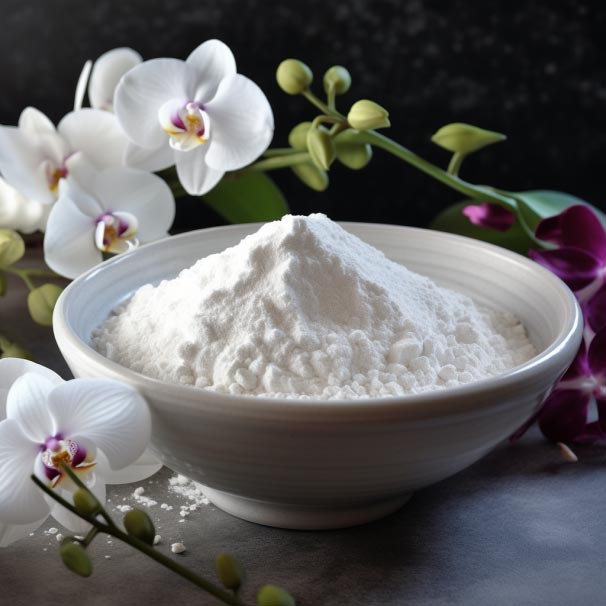
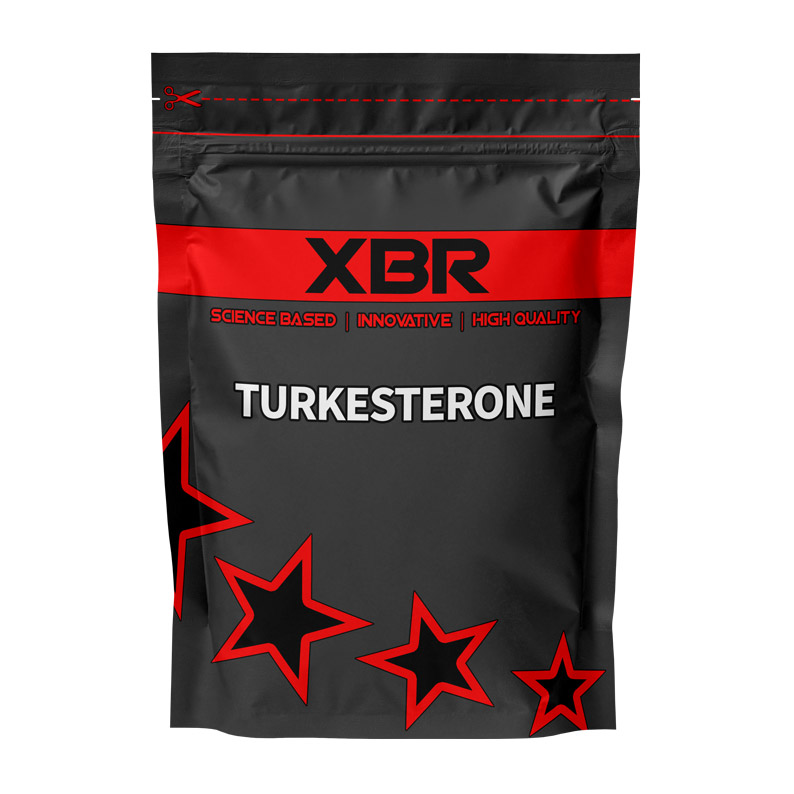
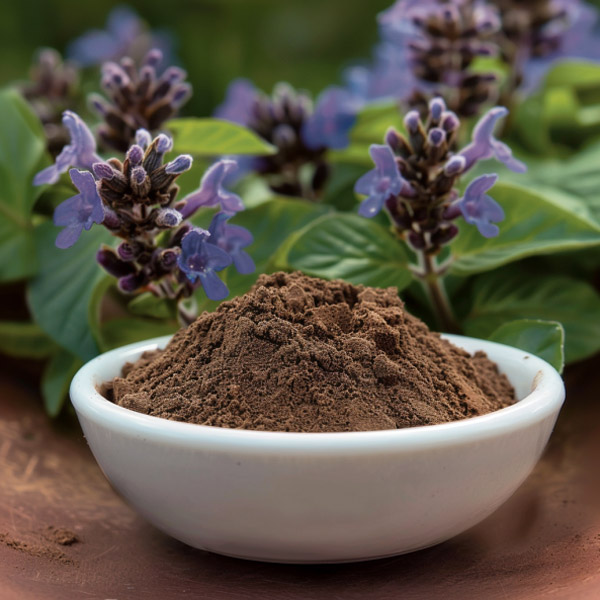


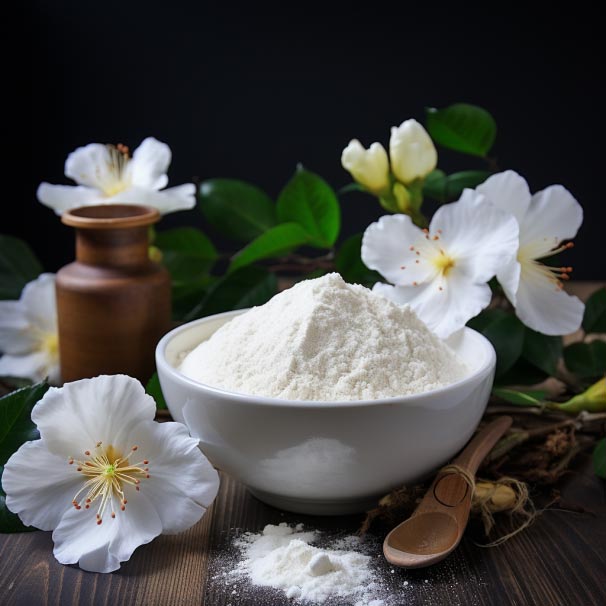

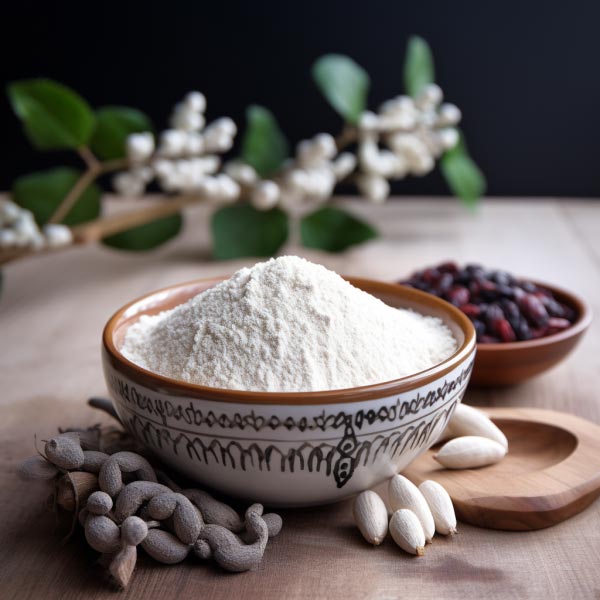
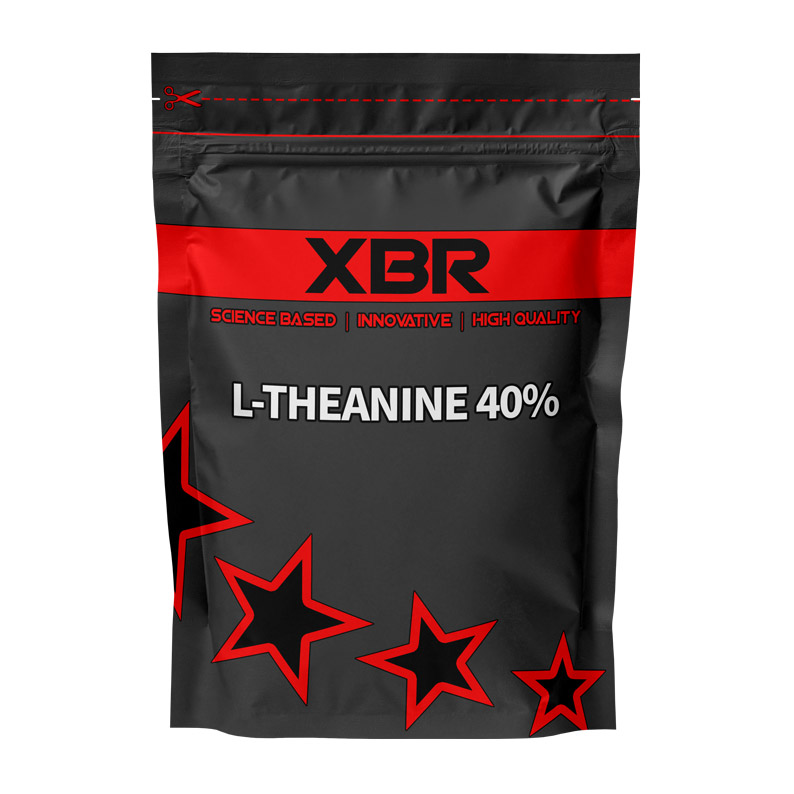
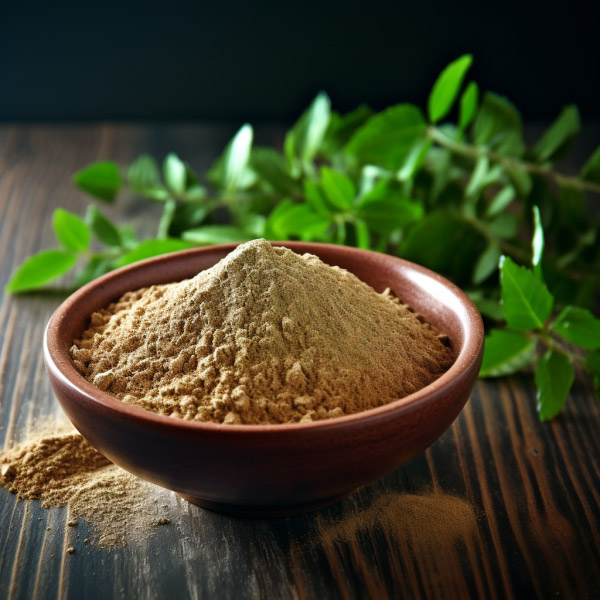

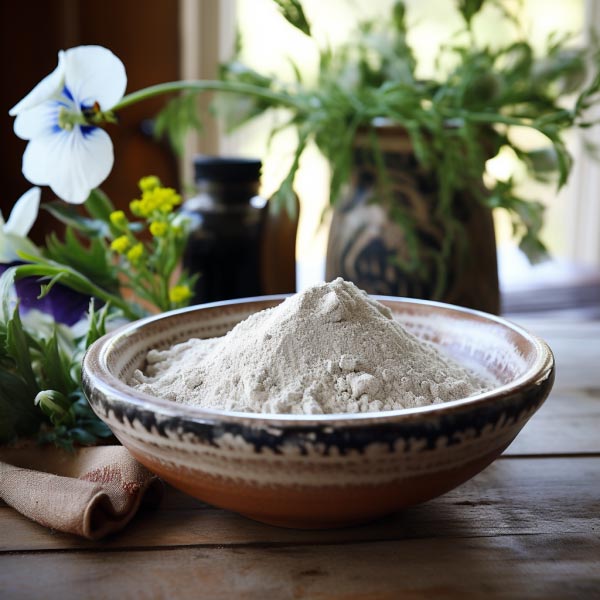
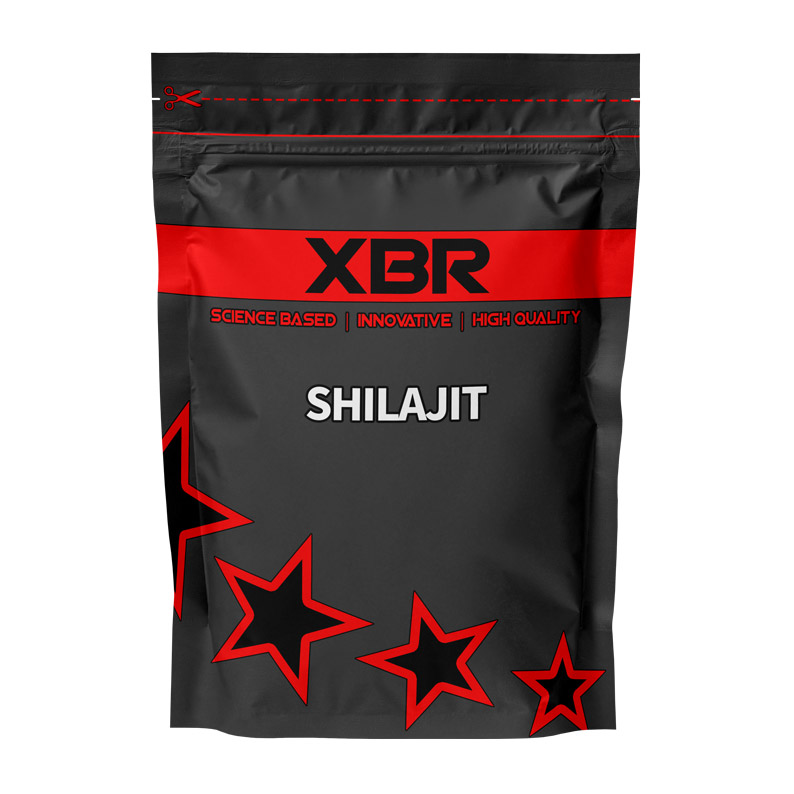
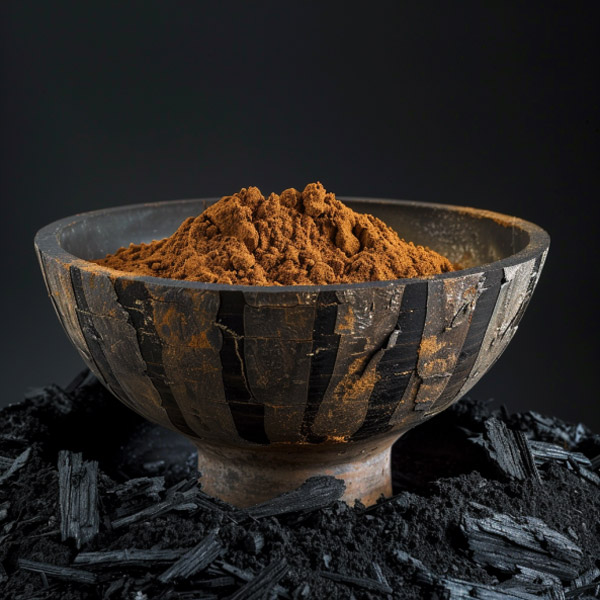
Valdemar –
Very nice product. shipping was a few days but the quality is high
Erik –
Günstig und güt
Azula –
Helps me good
Maximilian –
Hat mir auch gefallen